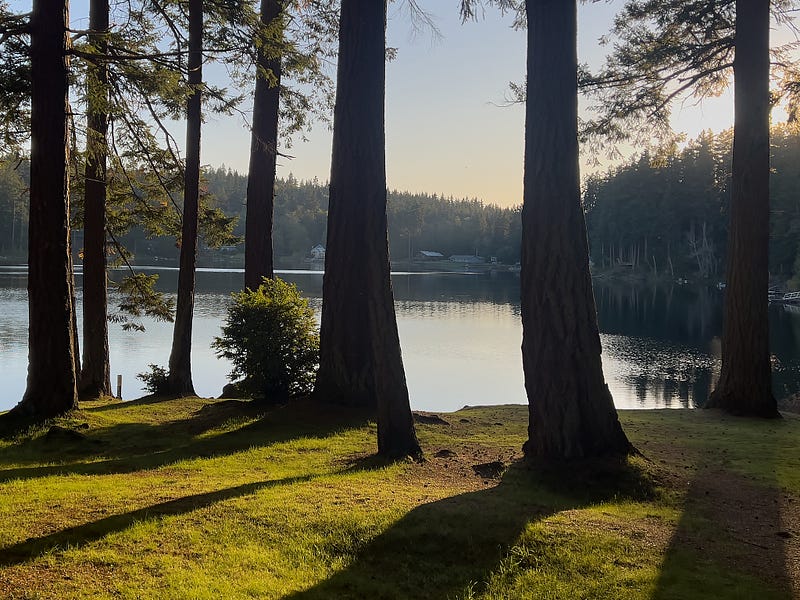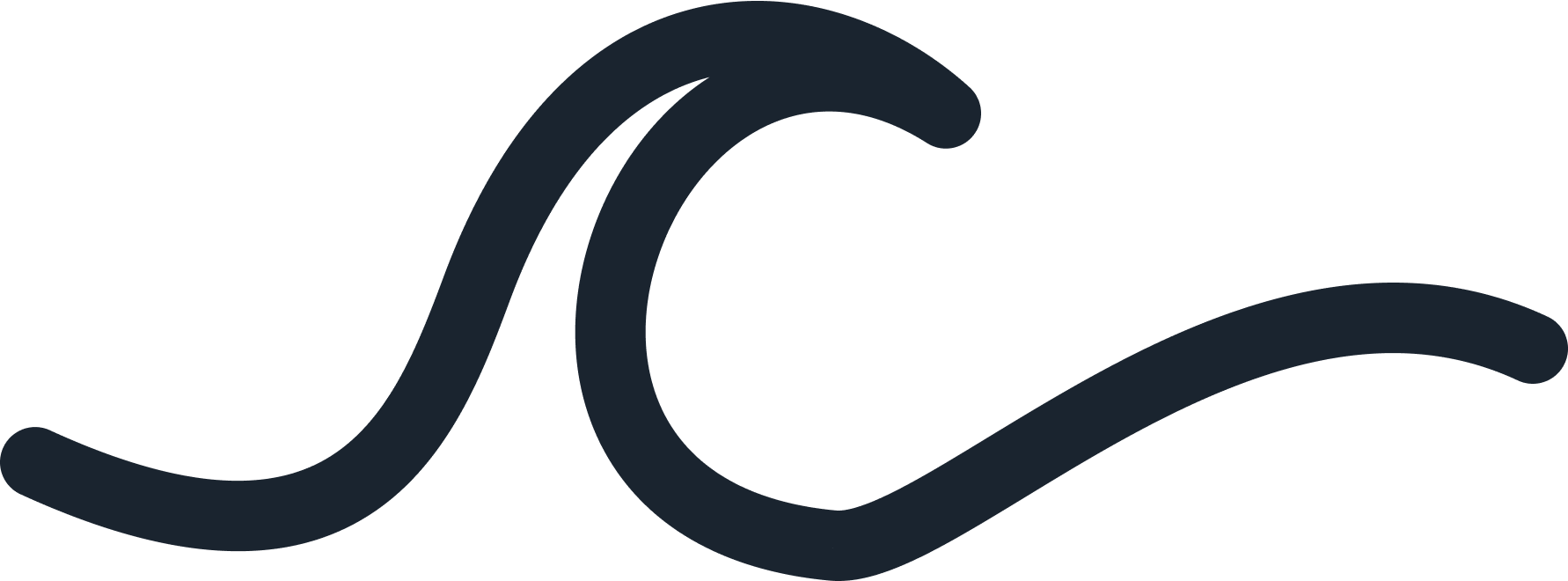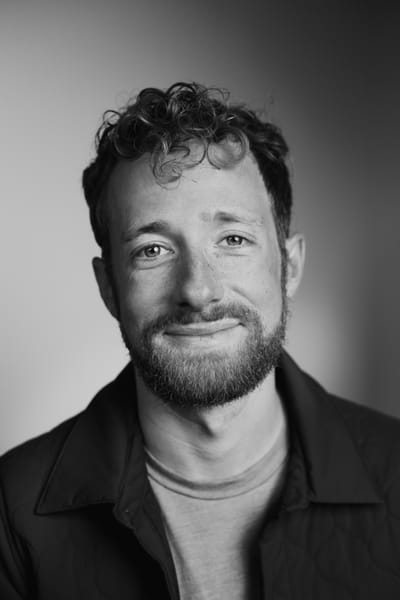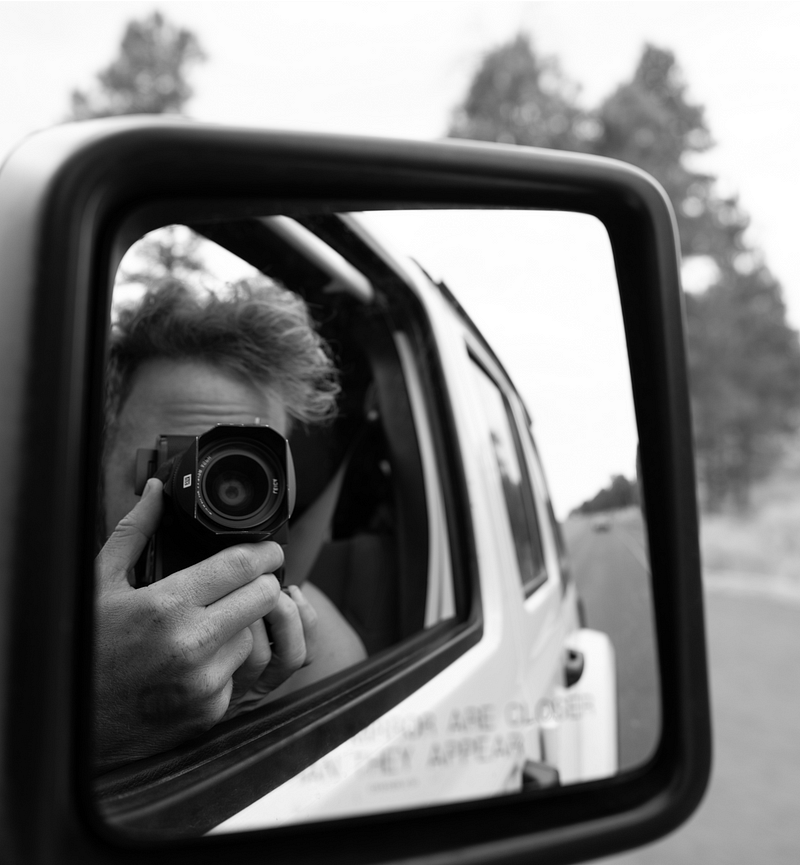Admittedly, I have always been a massive fan of technology. I remember the first iPod, my neighbor had one and I remember it being just one of the coolest things. I remember when I used my first DSLR camera. While I learned on film, there was something about this ability to expand the capabilities and remove any of the limitations to my own creativity. I built my own computer in high school, and have always been an early adopter of technology. This is, essentially, how I have always viewed technology. It was a way to enhance my already existing view of the world and be a toolbox that I can always draw from.
I was fortunate to grow up in one of the most innovative places in the world, Santa Cruz. Well known for its surf, redwood forests, and the actual birth of the ideas that eventually became famously commercialized in Silicon Valley. I have this believe that there are certain places in the world that are truly special.
There is an unexplainable force that exists that brings together a sense of balance between nature and creativity that leads to the fostering of innovation.
I didn’t realize it until later in life but I believe Santa Cruz has always been, and always will be, one of those places. I grew up on a busy street, a 45mph (but really 65mph) road that was the main thoroughfare between those who were going to the beach, or headed deep into the forest. The noise was never-ending. The whooshes of the cars going down the road every night eventually became the soundtrack to my room, and the rainy days being the memorable remixes that I always loved. But every once in a while, late at night, the road would be empty. I would go out to the middle of the road and just stand, staring down a forest lined road with dim streetlights a quarter mile from one another. It was peaceful.
As I grew older, I spent more time exploring the forest that was across the street, surrounded by these massive redwood trees that I can’t imagine the stories that they had to tell. I began to spend more time at the beach, listening to the sounds of the waves pounding the sand, that depth of sound that can’t be replicated by an “waves crashing” soundtrack. I know I was lucky, and I am forever grateful to my parents for giving me such a special place to spend a childhood. It sounds like a movie, and a lot of ways it was, but I was focused on making something of myself, being really “successful,” whatever that actually meant. My parents always told me that I could do anything in life, but that I needed to just work as hard as I could to achieve it. But at that age, I had no idea what I actually wanted to do. Here I was, in love with nature, this place that really is free, wanting to spend all of my time surrounded by it, and then there was technology, this magical space where some of the most brilliant people on the planet were innovating. And there was money in tech. So, technology seemed the obvious route to pursue.
Steve Jobs remains one of my heroes. I wish that we could have met because I would imagine the conversation would have been fascinating. As difficult as it was said to work for him, I always felt like we saw the world in similar ways. I believe that the world can be different. I believe that anybody can change it. But it takes courage. And I guess that’s why he said, “Here’s to the crazy ones.” Technology was going to be the way that I was going to change the world, I just didn’t know how. I had plenty of ideas of applications to build, products that could help the world, even drawings for a floating city from when I was a kid (crazy they are doing that now). It became overwhelming that I didn’t know where to start. So for the next ten years (and stories for another time), I followed whatever was interesting to me. And the journey so far has given me the opportunity to meet some of the most interesting people, from all different backgrounds, and has taught me a lot of hard lessons along the way. But one of the things that remained present throughout the process was this balance between technology and nature.
Technology did not last very long as the sole focus. I needed a counter balance, that energy of Santa Cruz coming back of the marriage between technology and nature. The more I tried to ignore the balance, the harder it became to make progress. As an early adopter, I have been a user of almost every single piece of software one can think of, especially when it comes to productivity, organization, creativity, and even emerging tech. Before the Apple Watch, Fitbit ruled the market. Before that, believe it or not, there was this company called Jawbone (RIP) that made bluetooth speakers and came out with a health tracker. That device may have been one of my favorites because it was truly a passive device, much like Whoop is today.
In most instances, technology demands our attention. If you want to truly be productive, you go all in on a system. If you want to be organized, there’s an app for that too. If you want to be more creative, there is technology to help you get there. Let me save you some time if you are choosing between using Asana, Notion, Milanote, ToDoist, or any of the tools to achieve peak performance: IT IS A TRAP. Yes, I use Milanote (for a reason over Notion). Yes, I tracked my fitness for the past 8 years of my life at a granular level using Suunto, Whoop, Garmin, Apple Watch, Oura ring, all of them. They are valuable, they are meaningful, they are helpful. But they are just a tool in the toolbox. The danger of using any of these is reliance, the loss of the trust with your own body and mind; much like the balance between technology and nature.
I mention this as a leader of a sustainability company, humans are a part of the natural system, we are not an addition. So if we are a part of nature, we need to be spending more time in it, learning how we integrate with the natural system. All of these technological solutions are separating us from that interaction. This is something that I really wish I realized sooner in my life. And I am not talking about the phone being something that causes a lot of addiction (that’s a whole other topic), but more that we get focused on the next thing before we take a moment to appreciate what has been here long before us and learn from that. And this, again, is a balance. I am not suggesting that we simply go back to living without technology. Rather, I believe that it is important to examine the role technology plays in your life. I spent more time “optimizing” my organizational system for peak productivity (there are tons of videos on YouTube about this now too), that it became, essentially, its own job.
This past year, I conducted an experiment with how I live with technology. I run a company that relies on technology, a lot of time in front of a computer as a creative, and is a remote company. But I track my task list in a notebook. I have two handwritten journals that I use daily — one for my life, and the other for my creative brain. I spend about an hour a day just writing, with my favorite pencil, immersed. This experiment has offered two things.
- It allows my brain to slow down a bit more. It takes more time to write than it does to type so I allow my brain to process information on a deeper level as I reflect on my day, think about my tasks, or have creative ideas.
- It is offline.
Some of the most meaningful sessions I have had journaling have not been in front of a computer, but in nature. My favorite place this past summer was to journal in my hammock and to just lay back for a few minutes afterwards, look up at the trees, and watch them slightly sway in the breeze. Then, after feeling balanced, I would sit back down at my computer, and be more productive than any app could tell me to be. I don’t plan on abandoning technology, nor should you. But, for example, I don’t track my health anymore, I trust my instincts. If you are somebody who wants to track your health because you haven’t for the past 8 years, go for it. But try one thing in the process — check the app once a day and turn off everything on the device that gives you the real time “progress” of your day. Tune into the mind and the body and then find where you land when you back it up with data. You might find a much deeper understanding of your body than just looking at numbers.

I still am an early adopter of technology, and that will never change. It is a part of what makes me who I am. But I am now fascinated to see how technology can seamlessly integrate into our lives in a way that allows us to live in the present, and to find balance with nature. One of my favorite things to do, almost every day, is to go to the lake near my house and dip into the water. Some days it’s cold (especially now), and other days it’s perfect for a long swim. But at some point during every visit, I feel at peace.


